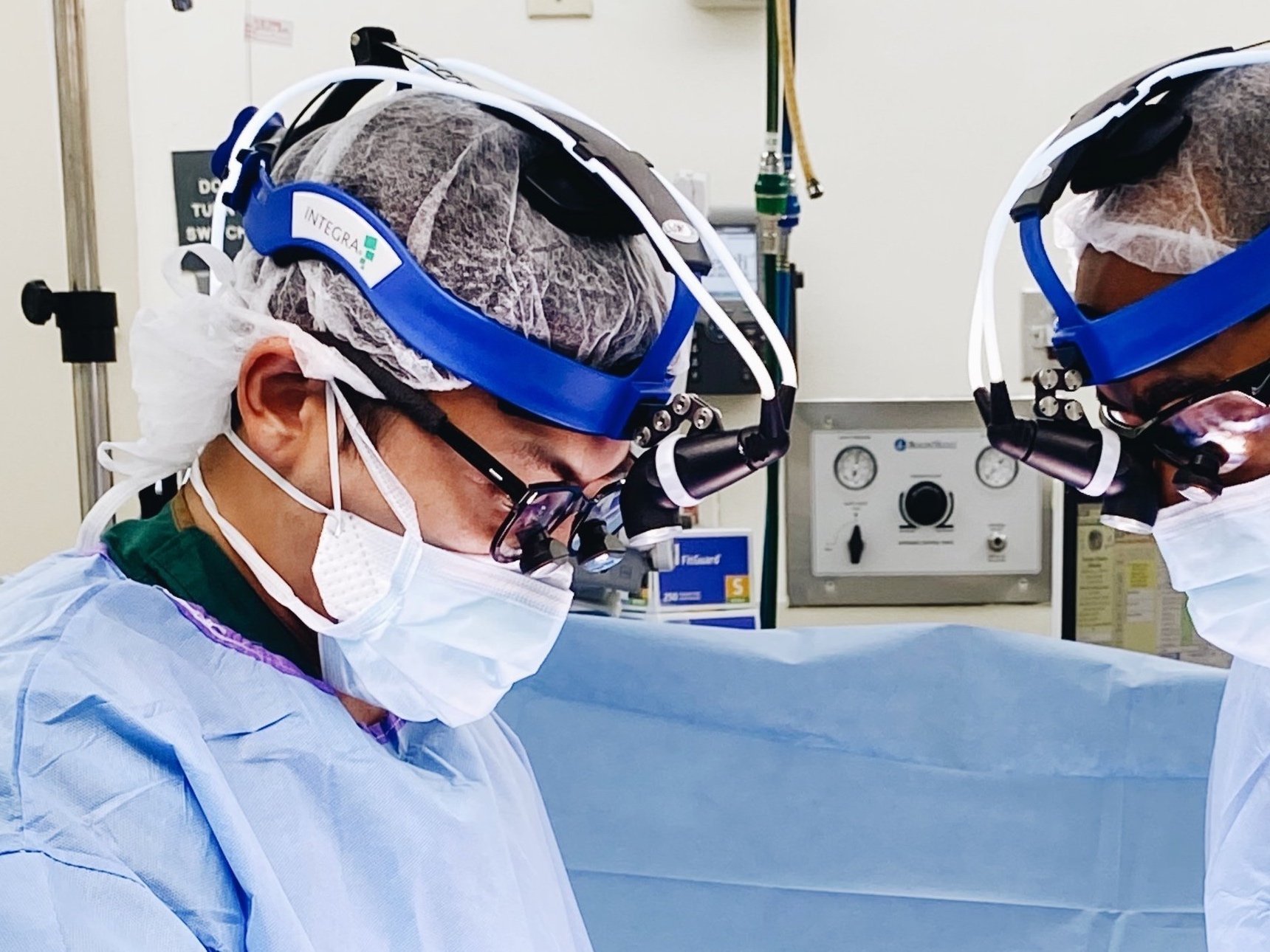Male Infertility
Understanding Male Infertility
Infertility is defined as the inability to conceive after 12 months of regular, unprotected intercourse. For couples where the woman is over age 35, evaluation often begins after 6 months. While infertility is sometimes thought of as a “women’s issue,” male factors play a role in nearly 40–50% of cases.
The good news is that many causes of male infertility are diagnosable and treatable. Seeking an evaluation with a men’s health specialist is often the first step toward answers and solutions.
Causes of Male Infertility
There are many different reasons a man may have difficulty fathering a child. Some of the most common include:
Hormonal factors: Low testosterone or issues with the pituitary or thyroid glands can affect sperm production.
Anatomical conditions: Varicoceles (enlarged veins in the scrotum), prior vasectomy, or blockages in the reproductive tract.
Medical conditions: Diabetes, systemic illness, or a history of infections such as mumps orchitis.
Genetic causes: Chromosomal abnormalities or Y chromosome microdeletions that impair sperm production.
Lifestyle contributors: Obesity, tobacco use, heavy alcohol intake, anabolic steroid use, exposure to heat (hot tubs, saunas, laptops), or environmental toxins.
Medications and prior treatments: Chemotherapy, radiation, or prior pelvic/testicular surgery.
Every man’s situation is unique. A thorough evaluation helps identify the root cause and guide treatment.
Symptoms and Signs
Most men with infertility do not have noticeable symptoms beyond difficulty conceiving. However, certain signs may point toward an underlying issue, including:
Testicular pain or swelling
Decreased libido or erectile dysfunction
A history of undescended testicles or testicular surgery
Abnormal hair growth or breast enlargement
Prior chemotherapy or radiation treatment
If any of these apply to you, an earlier evaluation is recommended.
How Male Infertility is Diagnosed
The evaluation usually begins with a thorough medical history and physical examination.
Additional testing may include:
Semen analysis: The cornerstone test, evaluating sperm count, movement (motility), and shape (morphology).
Hormonal testing: Measuring testosterone, FSH, LH, estradiol, and other biomarkers.
Imaging: Scrotal ultrasound to check for varicoceles or blockages; transrectal ultrasound in certain cases.
Genetic testing: For men with severely low sperm counts or no sperm in the ejaculate (azoospermia).
These tests provide valuable information that guides a personalized treatment plan.
Treatment Options
The right treatment depends on the cause. Options may include:
Lifestyle modification: Quitting smoking, reducing alcohol, losing weight, improving sleep, and avoiding excess heat or toxins.
Medical therapy: Hormone replacement or medications that stimulate sperm production; antibiotics for infection.
Surgical treatments:
Varicocelectomy (repair of enlarged scrotal veins)
Vasectomy reversal
Reconstruction or bypass of blocked ducts
Sperm retrieval procedures such as PESA / TESA, TESE or micro-TESE
Assisted reproductive technologies (ART): Intrauterine insemination (IUI), in vitro fertilization (IVF), or intracytoplasmic sperm injection (ICSI), often using sperm retrieved directly from the testicle when necessary.
With modern techniques, even men with very low or absent sperm counts often have options for biological parenthood.
When to See a Specialist
You should consider evaluation with a urologist specializing in male fertility if:
You and your partner have been unable to conceive after 12 months (or 6 months if your partner is 35 or older).
You have a history of undescended testis, testicular trauma, pelvic surgery, or cancer treatment.
You’ve had an abnormal semen analysis.
You have symptoms such as erectile dysfunction, low testosterone, or changes in testicular size.
The earlier the evaluation, the more treatment options are typically available.
Dr. Chu is strongly passionate about treating male infertility. He is Board-certified, Fellowship trained in this specialized area of urology.
A top-rated reproductive urologist serving the Los Angeles, South Bay, and Orange County area.
He understands the difficult journey that is infertility. He understands the stress of time and uncertainty.







